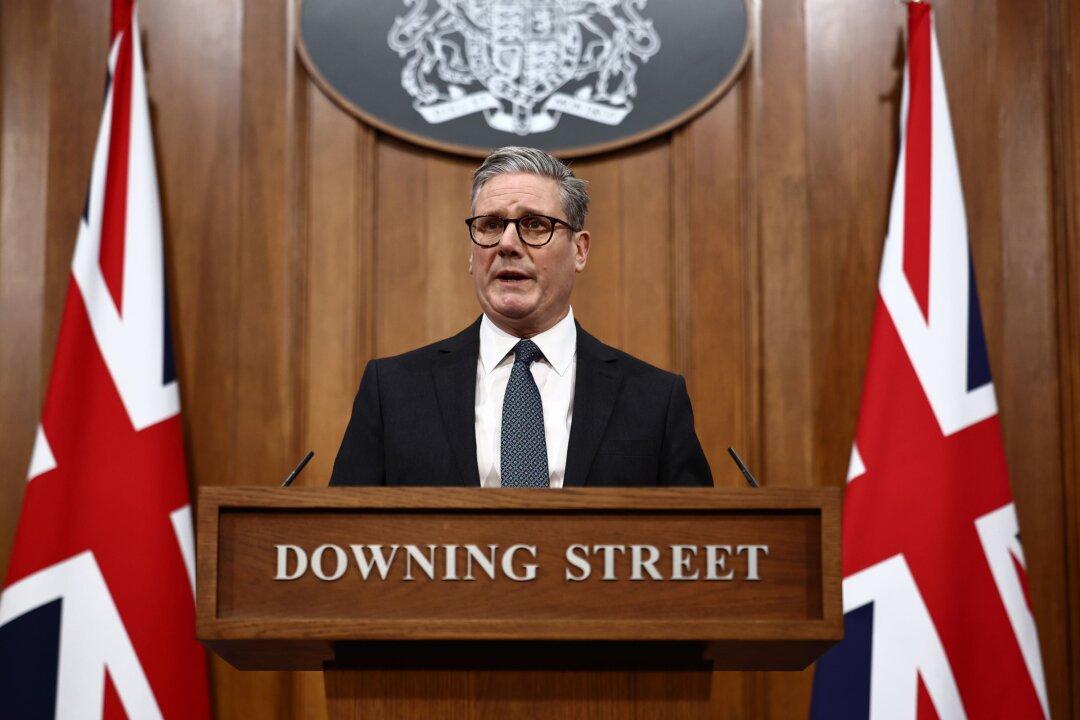British Prime Minister Sir Keir Starmer said on Tuesday the murder of three girls at a Taylor Swift-themed dance class in Southport by a teenager who had been referred to the government’s anti-extremism program three times, must lead to “fundamental change” in how the British state protects its citizens.
His comments followed the announcement on Monday of a public inquiry into the incident, which sparked riots across the country.





